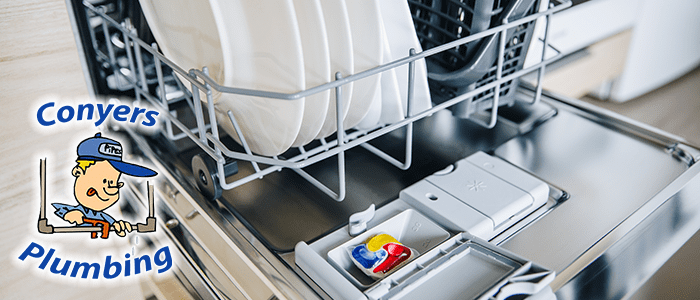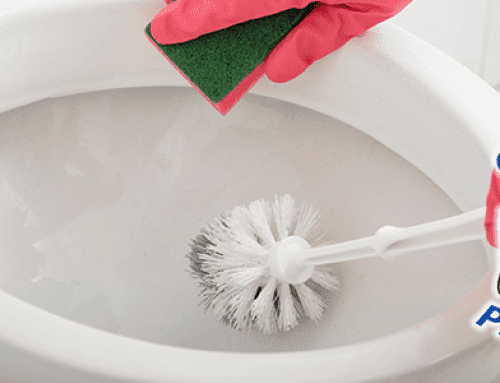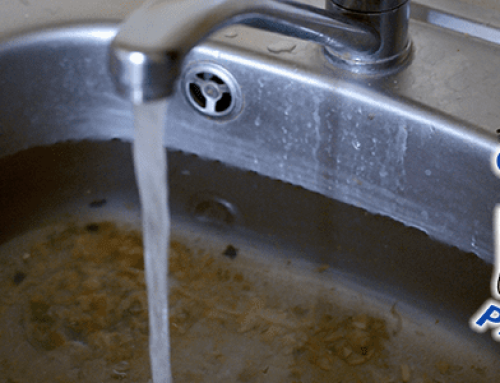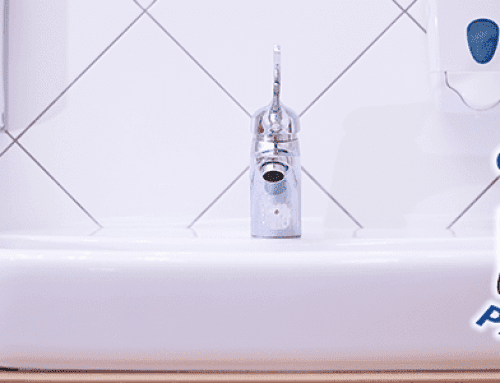There are few things more frustrating that opening a dishwasher to find a puddle of water in the bottom of the machine. This mostly comes from the fact that most of us have no idea how our dishwasher works and have even less idea of how to repair it. So when that puddle is staring you in the face, you may be wondering what could be wrong and if you have a messy plumbing issue on your hands. While there are a few different causes for a dishwasher clog, one thing is certain: you need to deal with the issue as soon as possible.
Letting this issue go could cost you greatly if you do not resolve it right away. Not only could the problem get worse leading to more costly repairs, but the dishwasher clog could lead to mold and mildew growth which can affect the health of everyone in the house.
Common Causes
You have not cleaned the filter or basket.
Did you know that your dishwasher has a filter that you need to periodically clean? Much like the lint trap in your dryer, there is an easily removable and cleanable filter most often in the bottom of the dishwasher where food bits and other debris can accumulate. If you do not clean it regularly, these bits can cause a dishwasher clog that prevents the water from draining properly out of the machine. To clear the clog, consult your owner’s manual on how to properly remove the filter. Most often it will simply slide out and you can rinse it with regular dish soap and water. If it is particularly grimy, you can soak it in cleaning vinegar to help break down the gunk before giving it a good scrub with a gentle brush or sponge.
The drain hose or garbage disposal is the culprit.
Another common place to find a clog is in the drain hose. As the dishwasher empties, it drains out of a hose through the garbage disposal, if you have one, and out the same pipe as your kitchen sink. If you have enough food debris in your sink or disposal, this can also cause your dishwasher to drain poorly. It is a good idea to run your garbage disposal for a few seconds every time before you run the dishwasher. This will help to ensure that there is no gunk blocking the drain lines.
A freshly installed garbage disposal
You may be wondering how installing a new garbage disposal could cause the dishwasher not to drain. This is because garbage disposals come with a plastic plug in the bottom that needs to be removed as part of the installation process. This is a simple step that is easy to overlook for even the most seasoned of DIYers. To correct the drain issue, simply remove the plastic plug from the garbage disposal and run the dishwasher again.
Clog in the Sewer Line
If you have already verified that none of the above are the culprit, then you may be dealing with a blockage in the sewer line. If you find that you are also dealing with plumbing or drainage issues elsewhere in the house, then this is a good sign that the sewer line is where to look. For this you will need to hire an experienced plumber who can evaluate the problem and correct the issue whether it is simply clogged or if the piping has been damaged and needs to be replaced.




